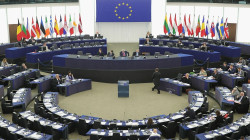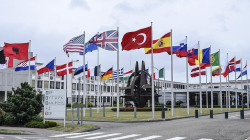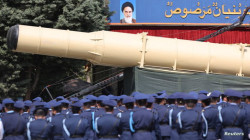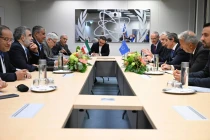France and Germany propose "EU Lite" membership tier amid expansion plans
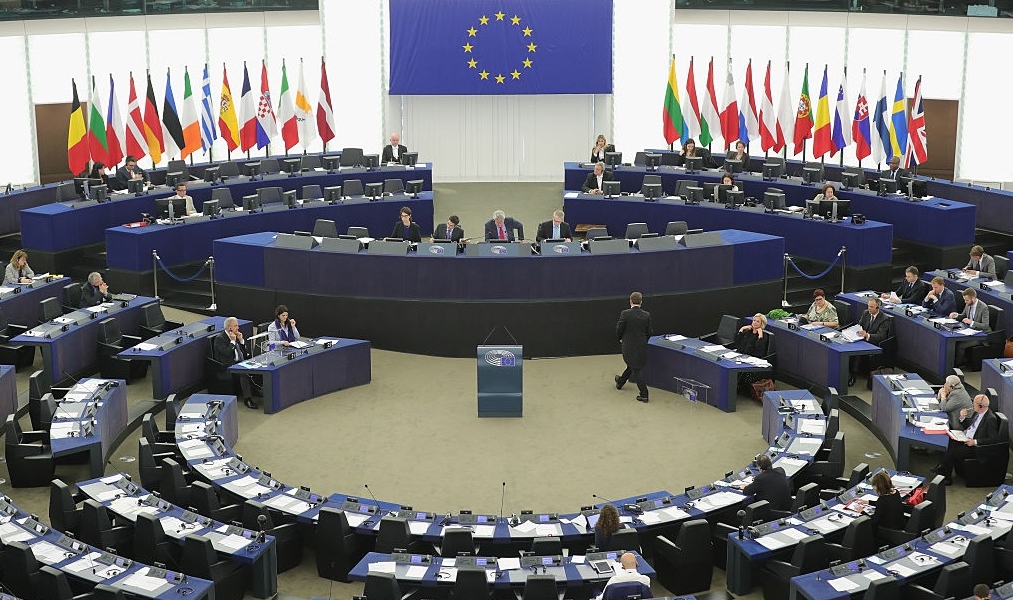
Shafaq News/ France and Germany, two key European heavyweights, have presented a groundbreaking proposal with a diversified European Union (EU) membership structure, including an "EU lite" category tailored for countries like the UK. This proposal arrives as the EU grapples with the implications of the Ukraine war and contemplates its most substantial expansion in decades.
According to the Guardian, 12 academics and lawyers urge the EU institutions to implement reforms by 2030 to accommodate potential new members, most notably Ukraine.
The report does not represent the official positions of Germany or France. Still, it serves as a foundational document for discussions among 46 European countries and an informal gathering of the 27 EU leaders scheduled for consecutive days in October in Granada, Spain.
Germany's Europe Minister, Anna Lührmann, jointly presented the report in Brussels with her French counterpart, emphasizing the importance of preparing the EU for expansion. "It is clear the enlargement of the EU is in all our interests," Lührmann stated.
One of the study's key proposals involves establishing different membership tiers, including the inner Circle. This exclusive tier would encompass countries with "deep integration" in areas such as the Eurozone and the Schengen area. These nations would enjoy a high level of integration and cooperation.
Another tier is the current EU Members, which includes the existing members of the European Union.
Associate Members is a significant tier that allows countries to participate in the single market, potentially including countries like Norway, which is part of the European Free Trade Association (EFTA).
The EU Lite Members is a tier explicitly designed for countries like the UK; this tier involves "political cooperation" with the EU but without the binding commitment to EU law.
The proposal aims to spark intense discussions among EU member states and candidate countries. While the concept of an "EU lite" category has the potential to accommodate countries with varying levels of integration, critics argue it could lead to a fragmented EU.
